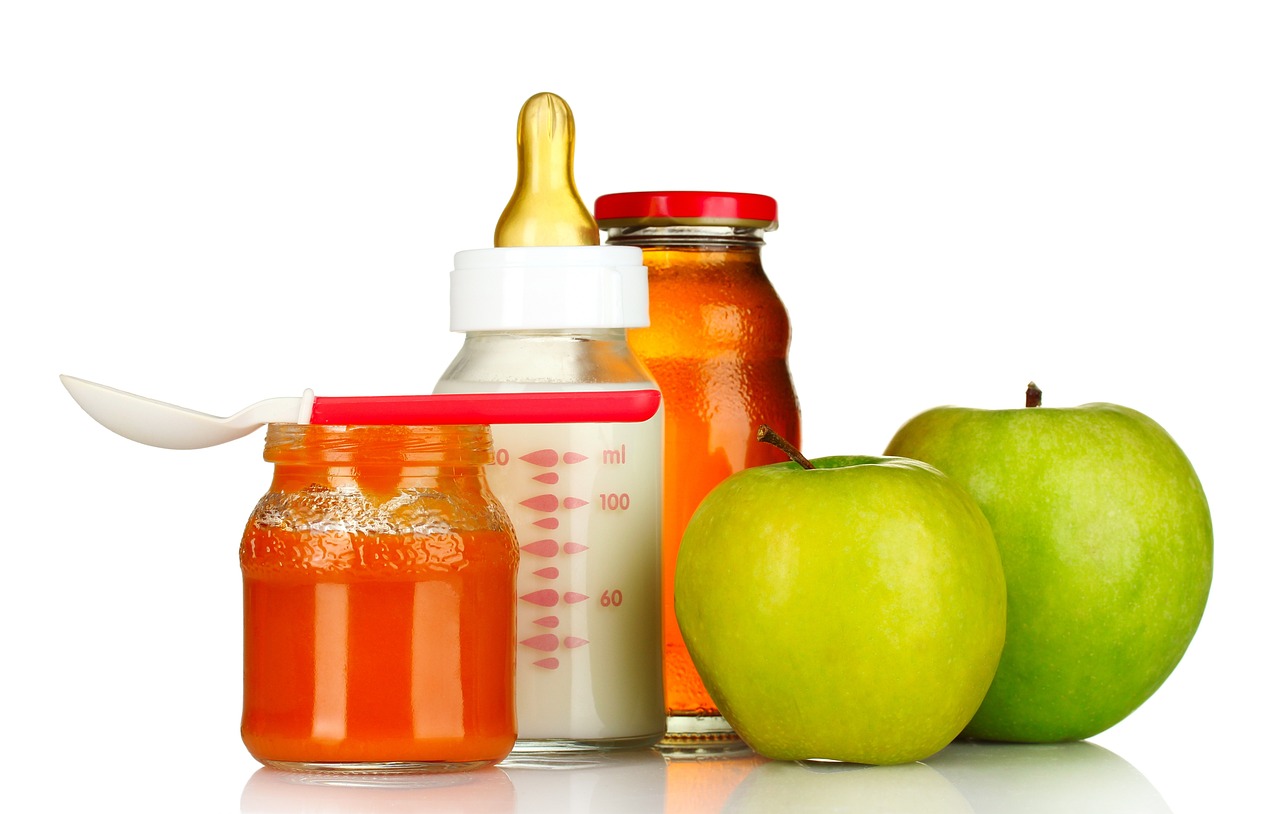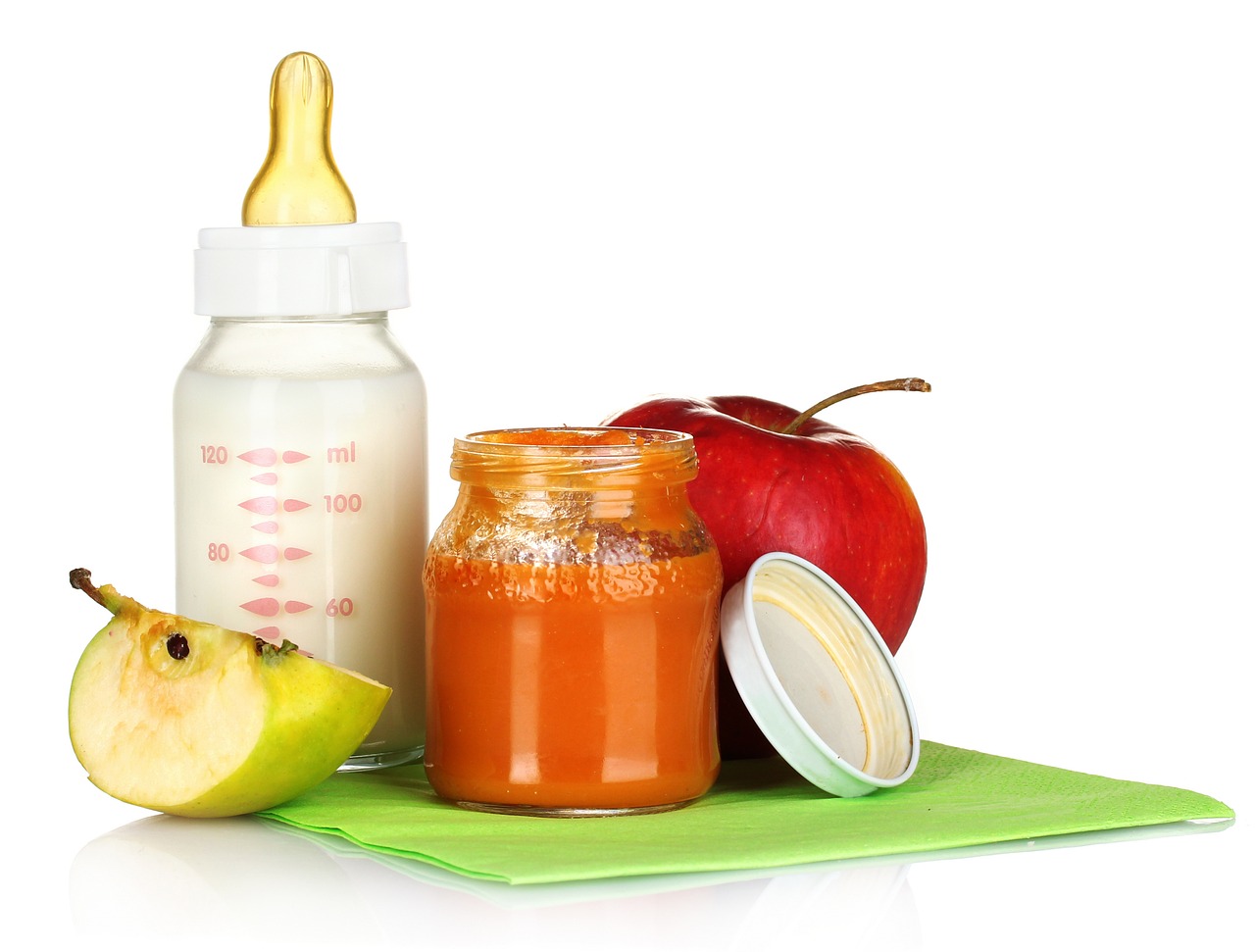
According to the current regulations in European Union countries, the main product for baby formula manufacturing is cow’s milk or goat’s milk. The composition of baby formulas must be similar to that of the mother’s milk, which is guaranteed by appropriate regulations. In EU countries, this is an EU directive, meaning that no manufacturer could add any ingredients to European Baby Formulas and officially and legally sell them.
European companies produce top-quality baby formulas while maintaining the highest possible hygiene and safety standards. The process is certified by external auditors, and the production plant is under constant supervision of the EU sanitary and veterinary authorities.
Free From Antibiotics
The European Union has very restrictive regulations regarding food production. Among other things, this relates to the use of antibiotics in animal production, which are 100% banned. Antibiotics are only allowed for sick animals to save them. In the case of milk production, these substances are not used. The milk obtained after administering antibiotics by an animal is completely unsuitable for producing baby formulas. Therefore, all baby formulas available on the EU market are antibiotic-free.
What About Palm Oil?
The requirements for baby formulas specify the content of individual fatty acids in such milk. To meet these requirements, some manufacturers prepare mixtures of various oils, including palm oil. In such a case, palm oil is an element of the appropriate puzzle that should make the mixture as similar to human milk as possible.
Human milk consists of over 40% of saturated fatty acids, a large part of which are long-chain fatty acids. They cannot be found in the right proportion in cow’s milk fat or in any vegetable oil recommended to adults. Therefore, when approaching the topic of fats in baby formulas, you should consider their full composition and remember that the needs of an infant are different than those of an adult. Palm fat (or palm olein), according to current nutritional knowledge, may be the right choice for these special nutritional needs.

Should I Necessarily Reach For Organic Baby Formulas?
There are no studies confirming the higher quality or better health properties of organic baby formulas. It is worth remembering that formula milk is a highly processed product, subject to very strict controls and tests in terms of quality and composition.
Therefore, there is no reason to suspect that regular baby formulas are divided into more and less contaminated with ingredients dangerous to the infant. All of them are safe and free of harmful substances while providing the baby with all the necessary nutrients. The key difference of organic baby formulas is that their manufacturers care more about animal welfare and the environment, which may be important for parents.
Final Thoughts
Certainly, baby formula is not an ideal food for infants – only human milk has such properties. The use of baby formula should always be treated as a compromise between what infant feeding should look like (exclusive breastfeeding up to 6 months) and the real circumstances the family faces.
Images courtesy of Pixabay.







